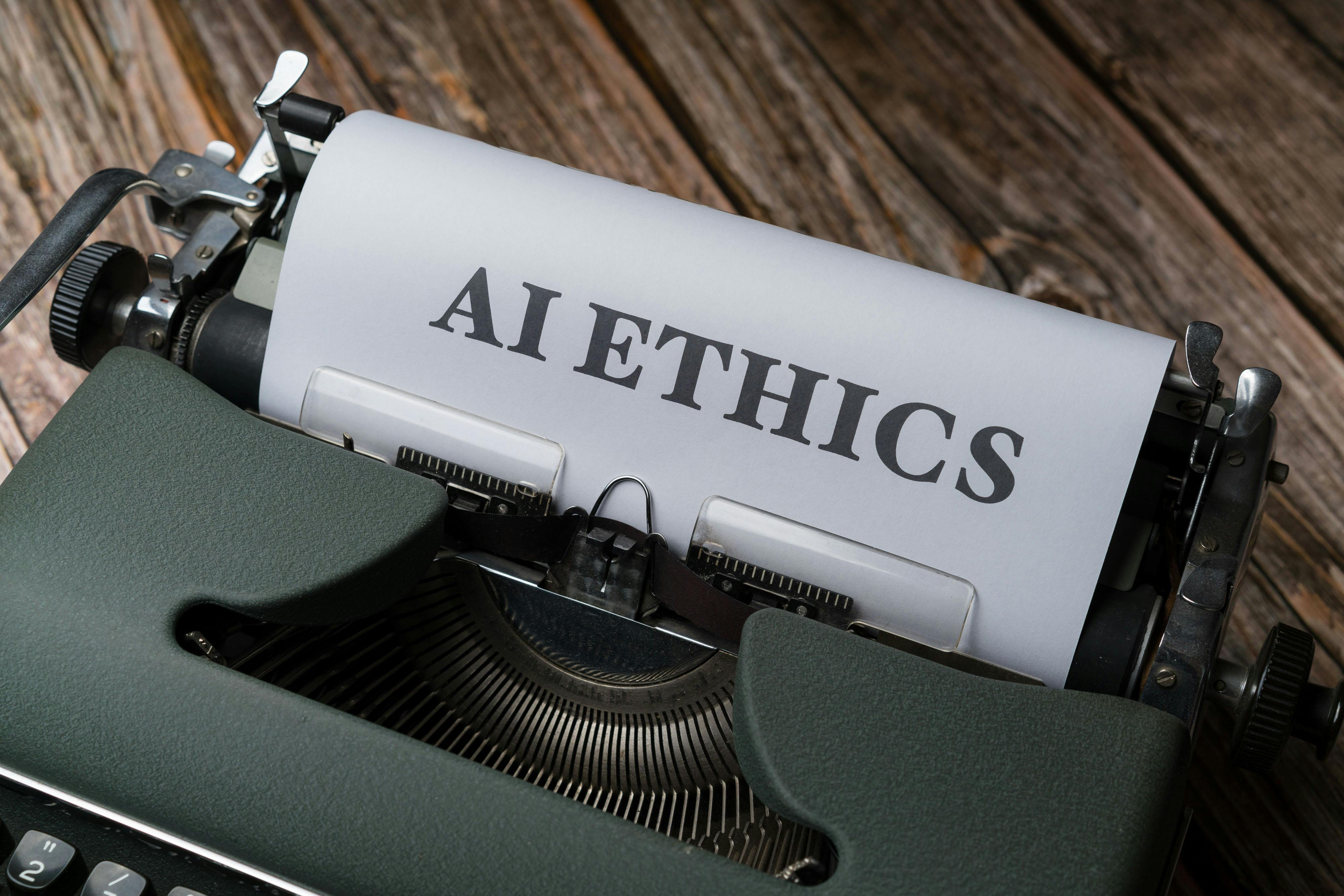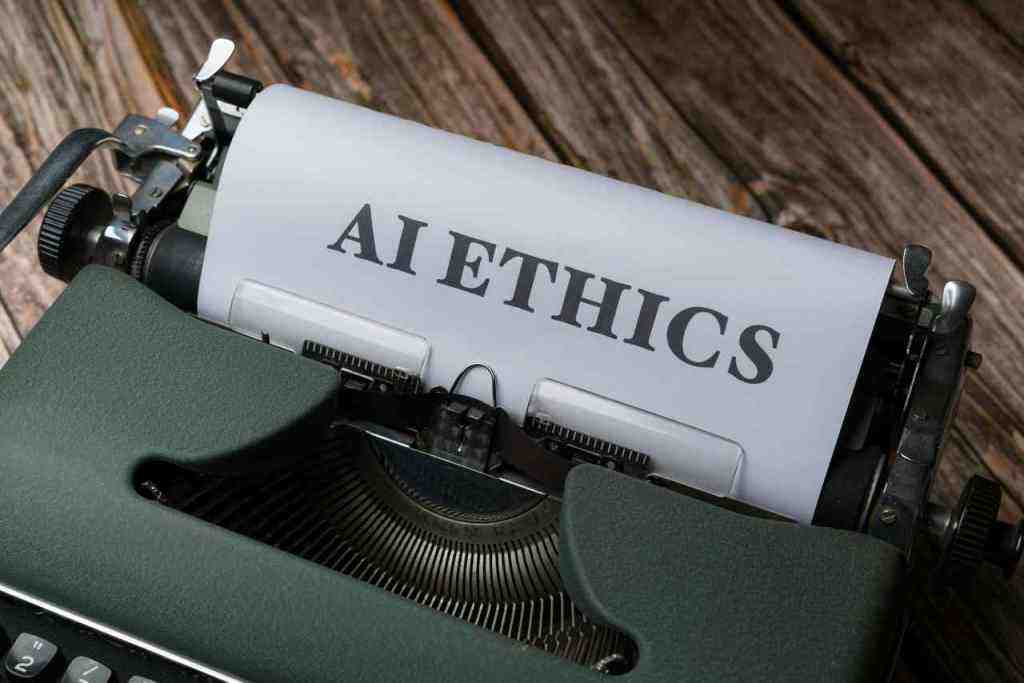The AI Revolution: Navigating the Shifting Sands of Global Politics and Power

Artificial Intelligence (AI) has transcended the realm of science fiction to become a pervasive force shaping our economies, societies, and international relations. This technological paradigm shift is not merely about faster processors; it’s a fundamental redefinition of how nations operate, compete, and wield influence on the global stage. As AI systems grow more sophisticated and integrated into our daily lives, their impact on political discourse, governmental policies, and the delicate balance of global power is becoming increasingly pronounced. Understanding the intricate political and geopolitical dimensions of AI is no longer a niche concern but a critical imperative for navigating the complexities of the 21st century.
AI: A Catalyst for Political Transformation
The very fabric of governance and political engagement is being rewoven by the capabilities of artificial intelligence. AI’s influence extends from shaping public opinion through sophisticated data analysis and hyper-targeted messaging to automating bureaucratic processes and bolstering national security. Governments worldwide are actively seeking to harness AI’s potential, presenting both unprecedented opportunities for more efficient and responsive governance and significant challenges. These challenges include ensuring democratic accountability, safeguarding privacy, and mitigating the potential for manipulation. The evolving role of AI in politics demands a close examination of its deployment, regulation, and its profound influence on political structures and ideologies.
The AI Arms Race: Geopolitical Competition Intensifies
On the international stage, artificial intelligence has emerged as a pivotal factor in geopolitical competition, often characterized as a new kind of arms race. Nations are making substantial investments in AI research and development, recognizing its potential to confer significant economic and military advantages. This pursuit of AI dominance is fostering new strategic alignments and escalating tensions as countries vie for leadership in critical AI domains such as autonomous weapons, cyber warfare, and advanced surveillance technologies. The global quest for AI supremacy is intrinsically linked to national security, economic competitiveness, and the ability to shape international norms and standards.
The Economic Engine of AI Power
The economic implications of artificial intelligence are profound and serve as a critical driver of geopolitical ambitions. Nations that lead in AI development and deployment are poised to gain substantial economic advantages, including increased productivity, the creation of new industries, and enhanced global market share. Conversely, countries lagging in AI adoption risk economic marginalization. This economic disparity fuels geopolitical competition, as states strive to secure their economic futures by mastering AI technologies. The interplay between economic strength and AI leadership is a defining characteristic of contemporary international relations.. Find out more about geopolitics of artificial intelligence.
Navigating the Ethical Minefield and Regulatory Labyrinths
As artificial intelligence becomes more deeply embedded in society, critical ethical questions and the urgent need for robust regulatory frameworks have come to the forefront. Issues such as algorithmic bias, data privacy, job displacement, and the potential for autonomous systems to make life-altering decisions demand careful consideration. The development of international norms and national regulations for AI is a complex and often contentious process, reflecting diverse values and priorities across cultures and political systems. Striking a delicate balance between fostering innovation and mitigating risks remains a central challenge for policymakers worldwide.
The Future of Warfare: AI at the Forefront
The application of artificial intelligence in military contexts is dramatically altering the landscape of warfare and international security. The development of autonomous weapons systems, AI-powered intelligence, surveillance, and reconnaissance (ISR) capabilities, and sophisticated cyber warfare tools are raising profound questions about the future of conflict. AI’s potential to accelerate decision-making cycles, reduce human involvement in combat, and introduce novel forms of warfare presents both strategic opportunities and significant ethical and humanitarian concerns. International discussions are ongoing regarding the control and potential prohibition of certain AI-enabled weapons.
Data: The Lifeblood of the AI Ecosystem
Data serves as the fundamental fuel for artificial intelligence, making its collection, management, and governance a critical geopolitical and political issue. Nations and corporations increasingly recognize the strategic value of large datasets, leading to intense competition for data resources and influence over data governance standards. Issues of data sovereignty, cross-border data flows, and the security of data infrastructure are becoming central to international negotiations and domestic policy debates. The control and utilization of data are intrinsically linked to the power and capabilities of AI systems.. Find out more about explore AI influence on democratic processes.
Public Perception and Societal Impact: Bridging the Gap
Beyond the corridors of power and the laboratories of innovation, public perception and the societal impact of artificial intelligence are crucial elements in the ongoing narrative. Concerns about job automation, the erosion of privacy, and the potential for AI to exacerbate existing social inequalities are shaping public opinion and influencing policy decisions. Governments and organizations are grappling with how to communicate the benefits of AI while addressing public anxieties and ensuring that AI development and deployment align with societal values and contribute to inclusive growth.
The Imperative of Global AI Governance
The transnational nature of artificial intelligence necessitates a global approach to its governance. International organizations, national governments, and civil society groups are actively engaged in discussions aimed at establishing common principles, standards, and best practices for AI development and deployment. These efforts seek to foster international cooperation, prevent a fragmented regulatory landscape, and ensure that AI technologies are developed and used responsibly for the benefit of all humanity. The effectiveness of these global governance initiatives will be a key determinant of AI’s future impact on the world.
AI’s Influence on Democratic Processes: A Double-Edged Sword
Artificial intelligence is increasingly influencing democratic processes, from election campaigns to public policy formulation. AI’s ability to analyze vast amounts of data allows for highly personalized political messaging, which can be used to mobilize voters or, conversely, to spread misinformation and manipulate public opinion. Furthermore, AI-powered tools are being used to analyze public sentiment, inform policy decisions, and even automate aspects of legislative processes. This integration raises important questions about transparency, accountability, and the integrity of democratic institutions in the age of AI.. Find out more about discover AI arms race national security.
The Challenge of Algorithmic Bias and Ensuring Fairness
A significant challenge in the development and deployment of AI is the issue of algorithmic bias. AI systems learn from the data they are trained on, and if that data reflects existing societal biases, the AI will perpetuate and potentially amplify those biases. This can lead to unfair or discriminatory outcomes in areas such as hiring, loan applications, and criminal justice. Addressing algorithmic bias requires careful attention to data quality, model design, and ongoing monitoring and evaluation of AI system performance to ensure fairness and equity.
AI and the Evolving Future of Work
The impact of artificial intelligence on the labor market is a subject of intense debate and considerable concern. While AI has the potential to automate many tasks currently performed by humans, leading to increased efficiency and productivity, it also raises fears of widespread job displacement. The transition to an AI-augmented economy will likely require significant reskilling and upskilling of the workforce, as well as the development of new social safety nets and economic models to support those affected by automation. Understanding and managing this transition is a critical policy challenge.
Shaping the Global AI Standards: A Geopolitical Chess Match
Beyond the technological race, there is a parallel geopolitical competition to shape the international standards and norms governing artificial intelligence. Different nations and blocs have varying approaches to AI governance, emphasizing different values such as innovation, privacy, security, or human rights. The outcomes of these debates will influence the global trajectory of AI development, determining which ethical principles and regulatory approaches become dominant and how AI technologies are integrated into the global economy and society.. Find out more about understand economic implications of AI power.
AI in Cybersecurity and Information Warfare: The New Battlegrounds
Artificial intelligence is playing an increasingly significant role in both offensive and defensive cybersecurity operations. AI-powered tools can be used to detect and respond to cyber threats more rapidly and effectively, but they can also be employed by malicious actors to launch more sophisticated and targeted cyberattacks. The use of AI in information warfare, including the generation of deepfakes and the dissemination of disinformation, poses a serious threat to political stability and democratic discourse. Navigating this complex landscape requires robust cybersecurity strategies and international cooperation.
The Crucial Role of International Cooperation in AI Governance
Given the global nature of AI development and its potential impact, international cooperation is essential for effective governance. Collaborative efforts are underway to establish shared principles for responsible AI development, promote data sharing for research, and address global challenges such as AI safety and security. However, geopolitical rivalries and differing national interests can complicate these cooperative endeavors, highlighting the need for sustained diplomatic engagement and a commitment to shared goals.
AI and the Reshaping of Global Power Dynamics
Ultimately, the development and deployment of artificial intelligence are poised to fundamentally alter global power dynamics. Nations that successfully harness AI’s potential are likely to gain significant economic, military, and diplomatic advantages, potentially reshaping the international order. Understanding the intricate interplay of politics, economics, ethics, and technology is crucial for navigating this transformative era and ensuring that AI serves as a force for positive global development. The ongoing evolution of AI’s role in shaping these dynamics is a story that continues to unfold across the world’s media and policy discussions.
